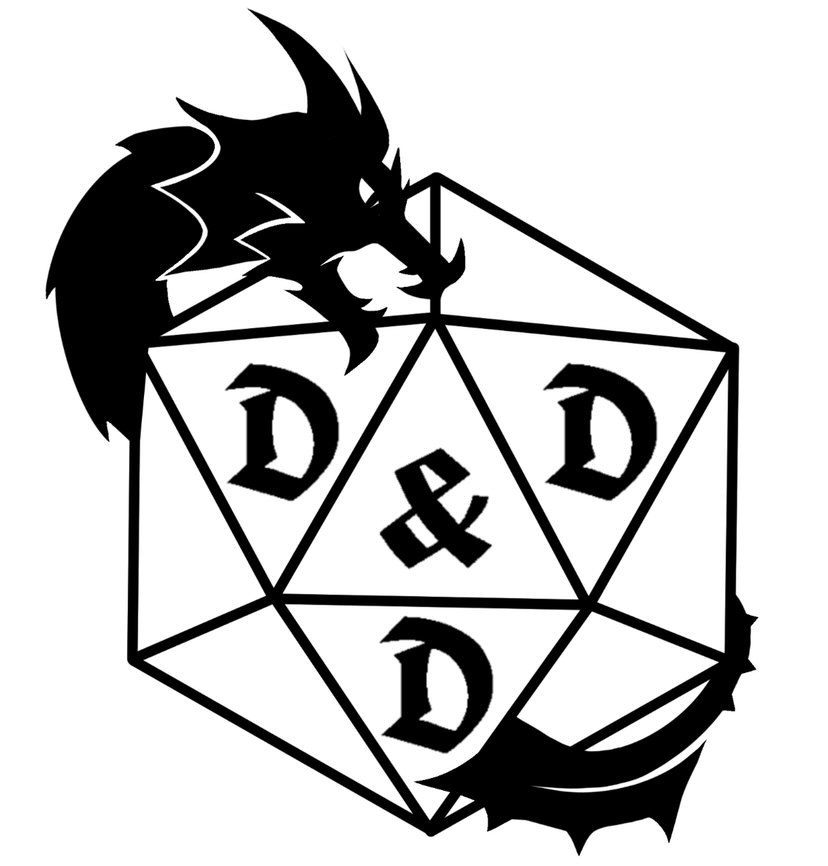Q: What do Indiana Jones, Game of Thrones, my college fraternity, and 5e cantrips have in common?
A: They are all regarded as extraordinary — with one glaring exception.
Indiana Jones has the guy from Holes and nuclear fridges in Kingdom of the Crystal Skull, Game of Thrones has a final season that left most fans with the worst viewing experience since Lincoln in Ford’s Theater, and my fraternity had that jerk Devin who never picked up a tab, but somehow always made it out for drinks.
- Check these out:
And of course, there is the social outcast of 5e cantrips… True Strike. Yes, the spunky little level zero spell that is often described as “useless as nipples on a breastplate.”
First, let’s look at the cantrip as written:
Casting Time: 1 action
Range: 30 feet
Components: S
Duration: Concentration, Up to 1 round
Classes: Bard, Sorcerer, Warlock, Wizard
“You extend your hand and point a finger at a target in range. Your magic grants you a brief insight into the target’s defenses. On your next turn, you gain advantage on your first attack roll against the target, provided that this spell hasn’t ended.”
Well, unlike with Devin, I am willing to defend the indefensible. While I am not exactly the Lincoln Lawyer, here are 4 examples of how True Strike can help you and your party:
The “Damn it, Crog!”
I call this one the “Damn it, Crog!” AKA the Leroy Jenkins, as it usually involves the party’s tank or bloodthirsty barbarian ruining your plans. Let’s say Griffyre, the human bard, infiltrates the camp of orcs that you have been paid to slay. Griffyre sends the signal back to the trailing camp that he has found the camp, and the party barbarian, Crog, goes into a rage and engages with the camp before anyone can get into proper position… and Griffyre is still in the camp.
Initiative is rolled and Griffyre lands at the top of the order. He is currently not a threat to the orc camp, but taking the hide or ready action won’t give advantage as there is nowhere to hide and melee combat is not exactly his style. Griffyre uses his movement to get away from the fray, and his action to cast True Strike on the leader of the orcs. As he is ignored by the orcs, Crog takes hit after hit. Initiative gets back to Griffyre, who is using his biggest spell slot to make his move. He can’t afford to waste this move as unnecessarily revealing his intentions will mean certain death.
He casts Mordenkainen’s Sword and rolls a dismal 4. But, with his True Strike Advantage, he rolls again for an 18 and the planar sword starts cutting down orcs like its Helm’s deep. The party is saved thanks to True Strike!
It might be a little reliant on the party’s inability to hold back, but as Einstein once said, “The only things that are limitless are the universe and a barbarian’s stupidity. And I’m not so sure about the universe.” Or something like that.
Moral of the story: Rolling high initiative in an unexpected battle can sometimes be a burden if you can’t drop in the order, or sometimes you are in a position where you can cast True Strike subtly and gain that advantage for next turn — when the real fight starts.
The “Curry hits it from way downtown!”
The party has slogged their way through the most treacherous of dungeons. This may be because one of the players has started dating the DM’s sister, and the DM is taking it out on the party. He’s treating them like I treat my body and bank account on a weekend trip to Vegas: he won’t stop until the body, soul, and bank accounts are all empty… but he wants the party to suffer first. Through some miracle rolls and the steadfast resilience they make it to the final room, but are in rough shape.
Percy the Paladin is thinking of abandoning his oaths…. Yeah, it’s that rough. But they have a chance, and they need to make it count. As they enter the fray, the party’s wizard, Merkin (Merlin’s black sheep cousin), is down to his last high level spell slot and has been low on health so long the Zelda “3 hearts remaining” warning has been blaring in his ears. Well, it’s either that or the tinnitus he received from the room of screaming banshees they just left. As the bullet sponges and fighters take their place in the front lines, Merkin hangs back. He runs the calculations, but he has more concussions than an NFL linebacker and is head feels a little fuzzy. He finally decides that yes, casting twice, mathematically, has a greater success than his secret weapon, but it is more important he hits at all, as he only has the one high level spell slot left.
He takes a deep breath and steps into range like Curry from half court in the finals. He casts True Strike. The party rallies around him to protect him (and his concentration). It gets back to his turn and he pulls the metaphorical trigger…. With advantage, he casts a Chromatic Orb exactly behind the undead monstrosity and it explodes in radiant energy (or whatever damage works best, as is the glory of Chromatic Orb).
The deep shot saves the party, all with the help of True Strike.
Moral of the story: At the end of an arc or particularly nasty dungeon, sometimes its more important that you hit. In addition to the big spell, in situations where you need to be stealthy and any fail will raise the alarm, you can use True Strike to make sure those pesky guards don’t make a noise.
The “Fredo”
AKA the Kiss of Death. After confirming the rumors and verifying the evidence, the party has the proof they need that their trustworthy NPC, Princess Locustra — who has been guiding them to retrieve the Amulet of Hellscape of Ruins — actually has nefarious intentions (The DM thought they would have picked up on this a long time ago based on the names alone – the best clues are the ones most overlooked).
While they head back to the palace for their meeting, our good friend Griffyre the Bard enters and attempts to seduce her, as the Arcane Trickster Rogue, Shadowspear (he thought it sounded cool when he was younger), stealths in behind the curtains. As the kiss of death is placed on her, Shadowspear casts True Strike out of combat. As Griffyre leaves, Shadowspear moves out of position and attacks Locustra with all his hidden blades in a vicious sneak attack. With the advantage, Shadowspear can incapacitate her in an attack so unexpected it makes Odysseus, Hannibal, and George Washington tip their respective headgear. Without that out-of-battle advantage, Locustra would have gotten away with it.
Moral of the Story: Using True Strike out of battle to rob, incapacitate, or kill unsuspecting shopkeepers, traders, or lying princesses will help mitigate the chance of epic failure and awkward apologies. Hallmark doesn’t make “sorry I didn’t mean to try to stab you” cards. Additionally, there could be times where you need to be win something outside of battle. That annoying NPC keep challenging you to a contest of wits, or archery. Casting True Strike will help you go full Dread Pirate Roberts on them.
The “Johnny Cochran”
AKA the Chewbacca Defense. If you really want to have fun with True Strike — and the DM is in a sporting mood — you can argue that the wording “gaining brief insight to the target’s defenses” means that you can determine exactly where to strike.
“I cast True Strike…. Okay guy on the left has an old war wound in his left knee…. The wizard on the right has Zoolander disease and she can’t cast left…. See the guy in the middle? He’s afraid of commitment.”
Relaying this information back to the group before battle can be huge advantages — even if the DM rules the knowledge can only be used for purely RP purposes.
So, before you join in the mob mentality of true strike being useless, take a second look and see where it might be more beneficial than just something as boring and useless as Acid Splash (A defense of Acid Splash coming next week).
It is a poor carpenter who blames his tools, and if Yu-Gi-Oh has taught me anything, it’s that truly great players make the most of what they have. If you can’t find the advantage of True Strike, you are not trying hard enough. It is 2021, we don’t cantrip shame, here.
– Cloak
- Check these out:

